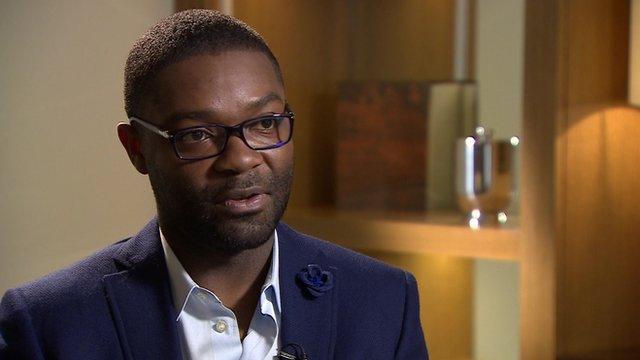David Oyelowo on The After: I had to crack open my heart for this role
- Published
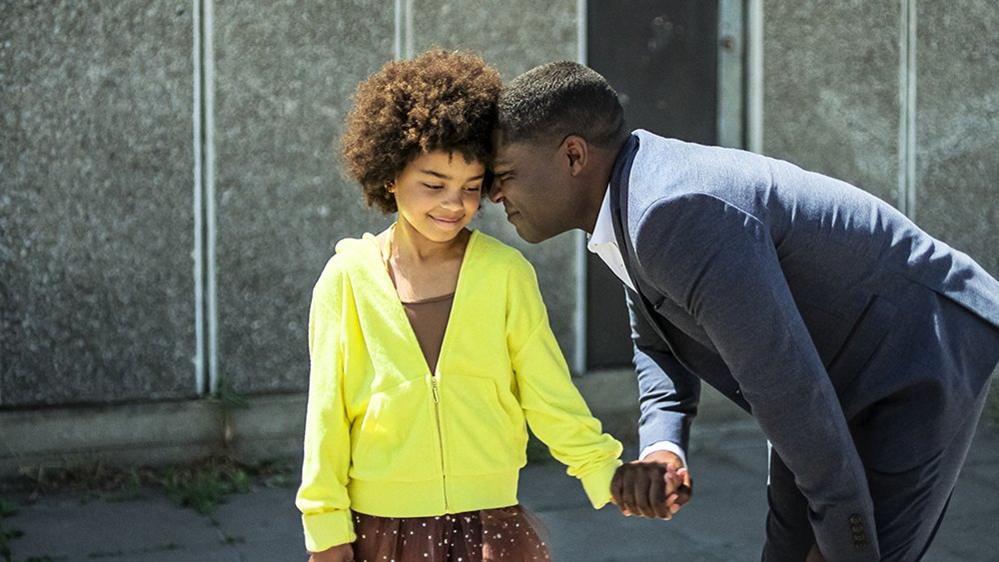
Amelie Dokubo and David Oyelowo play daughter Laura and father Dayo in The After
Actors often trawl some of their deepest emotions for a role, but David Oyelowo's latest film was particularly painful because it meant revisiting his grief after losing both parents.
The Golden Globe-nominated star said he felt "fear and trepidation" when he was asked to star in short film The After.
"I knew it would require cracking open my heart and just letting the world in somehow," he tells the BBC.
But his fear was "the reason I eventually felt I had to do it", he says.
The After follows Dayo, played by Oyelowo, who goes through an unexpected, catastrophic and brutal loss.
In the blink of an eye, his entire life is changed forever and engulfed in grief.
Oyelowo says he felt "very safe" in the hands of director and co-writer Misan Harriman.
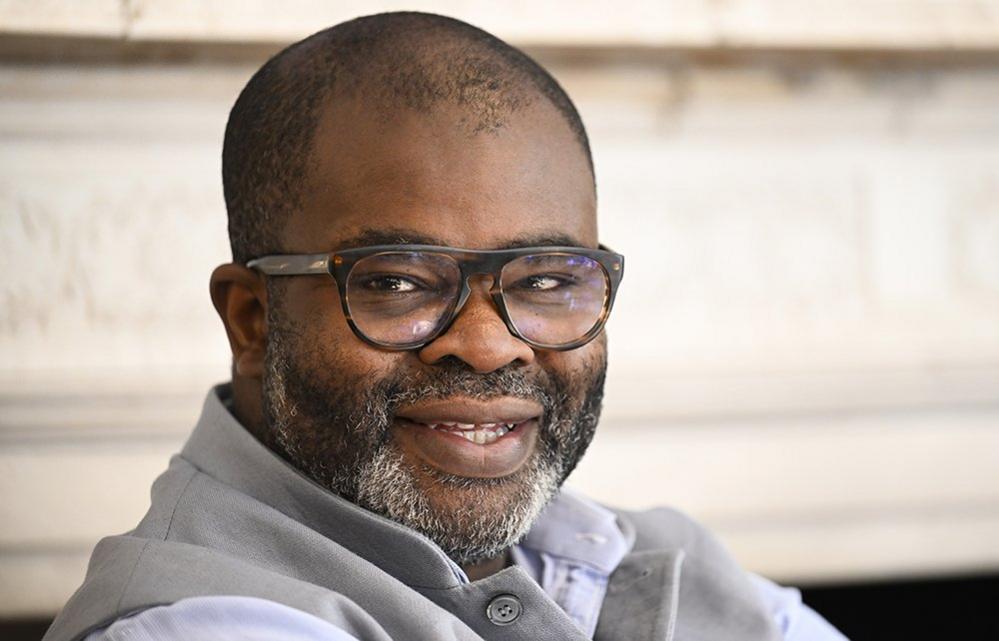
Misan Harriman: "The next 25 to 30 years of my life will be trying to tell the stories that my lens is uniquely placed to do so"
Harriman was the first black male photographer to shoot the cover of Vogue in its 104-year history in 2020, and was also chosen by Duke and Duchess of Sussex to photograph their daughter Lilibet for her first birthday.
Having become a photographer a mere seven years ago (he used to be a City headhunter), Harriman has also taken pictures of celebrities including Rihanna, Stormzy, Olivia Colman, Princess Beatrice, Cate Blanchett, Chiwetel Ejiofor and Tom Cruise.
And he took one of the most arresting images of 2020's Black Lives Matters protests, of under-21 England hockey player Darcy Bourne outside the US Embassy.
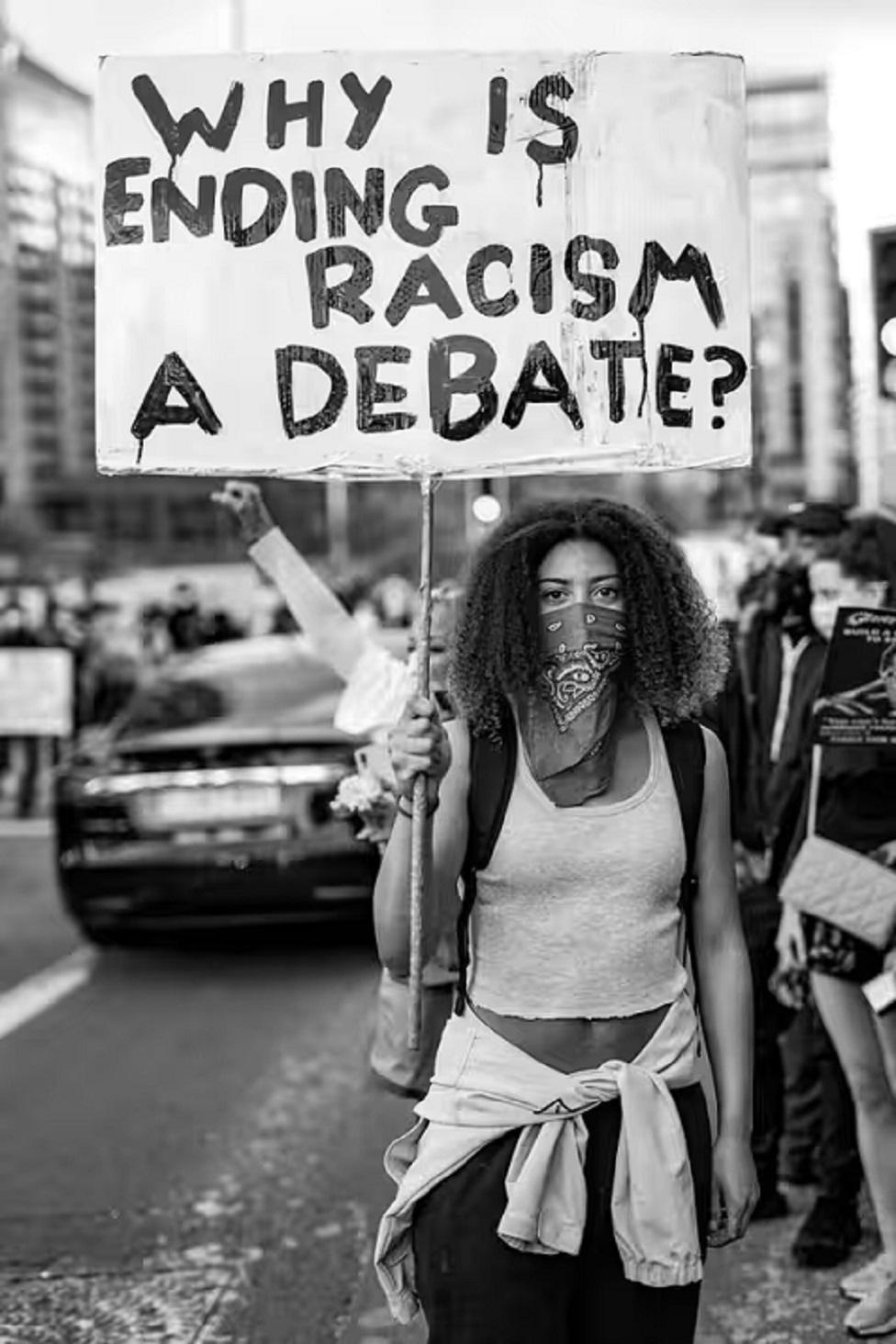
Misan Harriman's photograph of Darcy Bourne raised his profile hugely
The photo went on to be widely shared by names including Vogue editor Edward Enninful, athlete Dina Asher-Smith, Formula 1 driver Lewis Hamilton and activist Martin Luther King III.
According to Vogue, the image led to him being asked to do the cover, external for its activism-themed September 2020 issue.
London's newspaper The Standard called him, external "the most talked about photographer of our times" that year.
Grief journey
Oyelowo said he was "stopped in my tracks" by Harriman's premise for his film. "I had my own personal grief journey I was going through," he says. "I had lost my mother in 2017 and then my dad in 2020."
Ultimately he found the role cathartic, having researched it by watching resources about grief, and seeing "the commonality - that human existence is a shared experience".
"The more you recognise that, and realise that beyond race, gender, culture, country - you feel connected to something," he adds.
The actor was careful not to speak to other people about their experiences because "it's so personal, and you never want to exacerbate someone's grief journey by it feeling like you're now using it to for an artistic endeavour that they are not necessarily connected to".
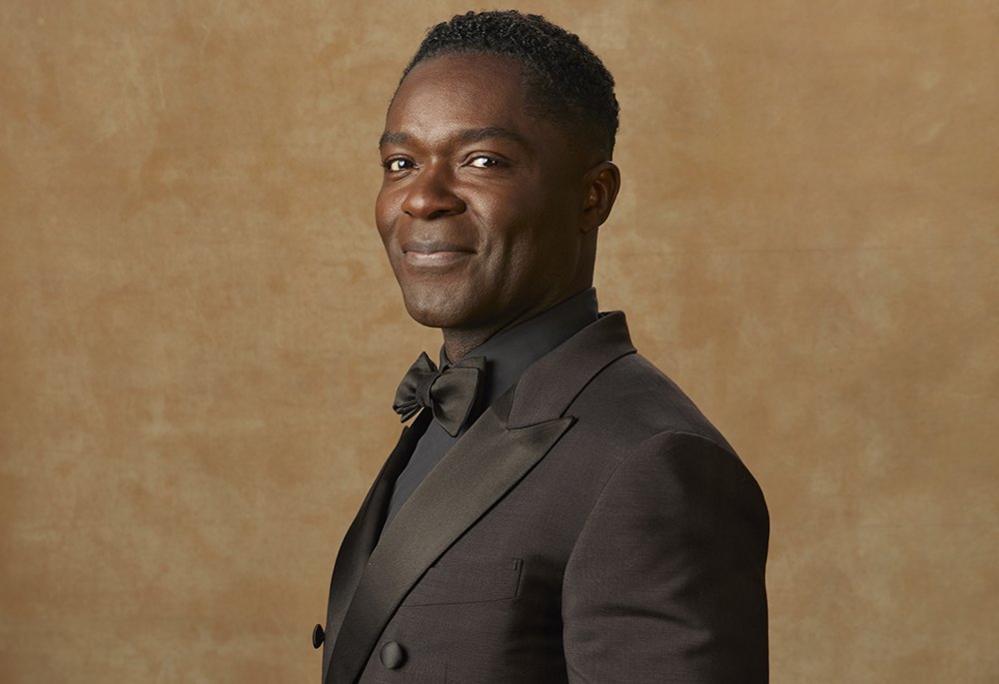
Oyelowo was recently nominated for a Golden Globe for TV series Lawmen: Bass Reeves
Harriman, who came up with the idea of the film, which written by John Julius Schwabach, talks about the "mental health crisis" after the Covid pandemic. He says he doesn't think it's over.
"I think we are still seeing the mental health repercussions of that.
"I wanted to make a film that allowed vulnerability to be seen, with no filters, so people could see pieces of their own journeys of grief and anxiety, and find pieces of themselves in that film, with a view to them having an understanding that they can build themselves back up."
He says he speaks a lot to young people who "had so much taken away from them", adding that "chronic depression is of the highest it's ever been".
"We are not OK," he says. "I wanted to make a companion piece to all of that concern, to try and have people understand that it is OK not to be OK. And it's all right to sometimes to be sat on the floor and not have the answers.
"I think the stakes are that high right now."
In The After, we see Dayo trying to carry on with life through his grief, as a rideshare driver, where he is in close proximity to other people but is emotionally isolated.
Oyelowo explains that "one of the things we tried to do with the film is to show that loneliness is something that can happen when you're in a crowd".
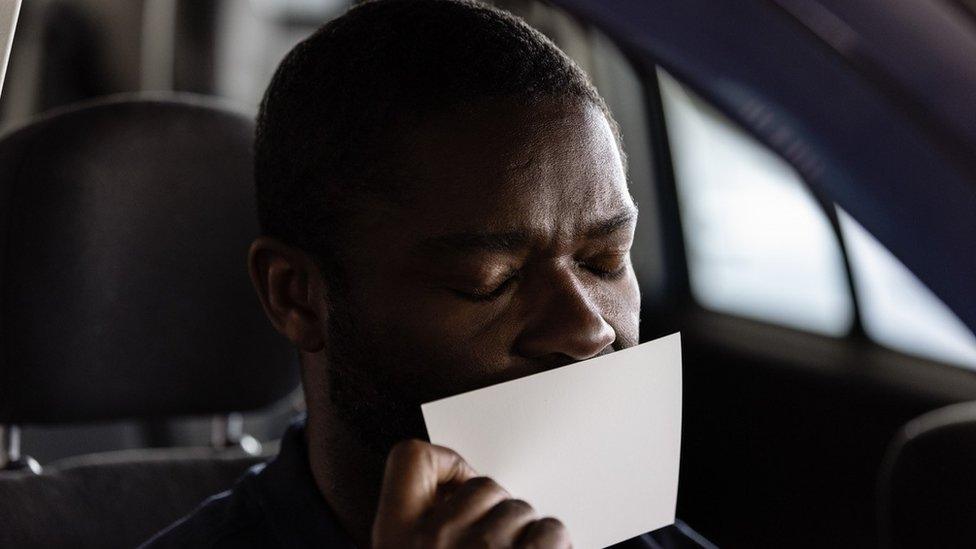
Oyelowo's character Dayo is isolated in his grief
The film is one of 15 to be shortlisted for best live action short at the Oscars, with the nominations announced on 23 January, including five contenders in that category.
Oyelowo is no stranger to awards ceremonies. "I've done this dance before... so for me, the fact that this is Misan's first film, to even be on the shortlist for the Oscars is kind of bonkers," he says.
Harriman adds: "I'm someone who suffers from pretty bad imposter syndrome, so this has been quite good for that."
Oyelowo starred in 2015's film Selma, about the marches led by Dr Martin Luther King as he tried to secure the right of African Americans to vote freely.
That film was nominated for two Oscars, including best film, and won best original song, but was snubbed at the Baftas.
Last year's Bafta film awards came under fire after all the winners at the ceremony were white, despite the fact it had a diverse set of nominees, with people belonging to ethnic minorities making up almost 40% of acting nominees.
It came three years after an outcry and subsequent reforms when all 20 acting nominees were white.
Does Oyelowo think Bafta has more work to do on diversity? He responds by saying simply: "It speaks for itself."
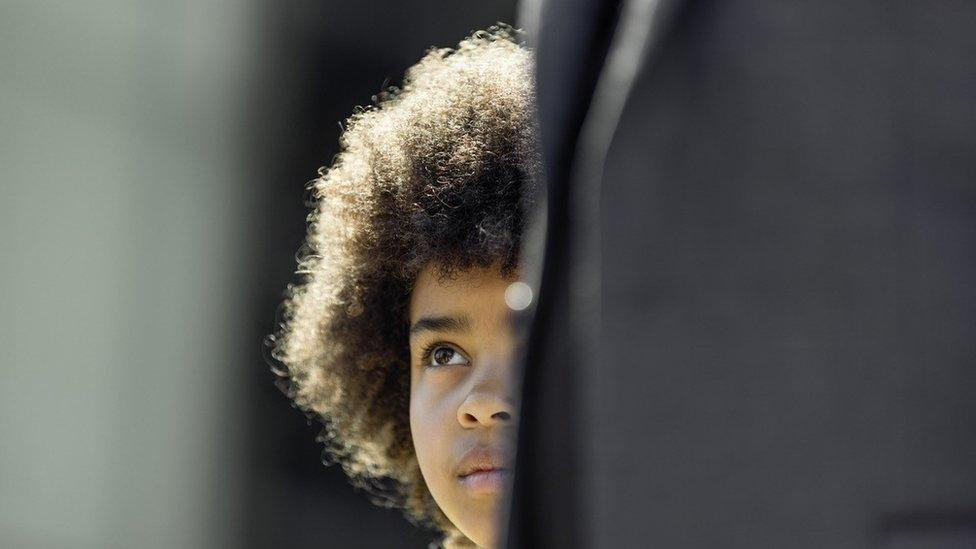
Amelie Dokubo is in the opening of the film
Oyelowo says he hopes the film shows people "the things they need to confront, or the things that they just need to accept. Ultimately where we tried to land is in a place of hope".
He adds: "Even in my own grief journey, there is there is beauty. There is hope, there is love in many ways.
"Loss defines love and love defines loss. True loss can only exist if there was true love. And you know, I wouldn't swap having true love in my life."
The After is available to watch on Netflix.
If you have been affected by any of the issues in this article, you can find details of organisations that can help via the BBC Action Line.
Related topics
- Published14 June 2017
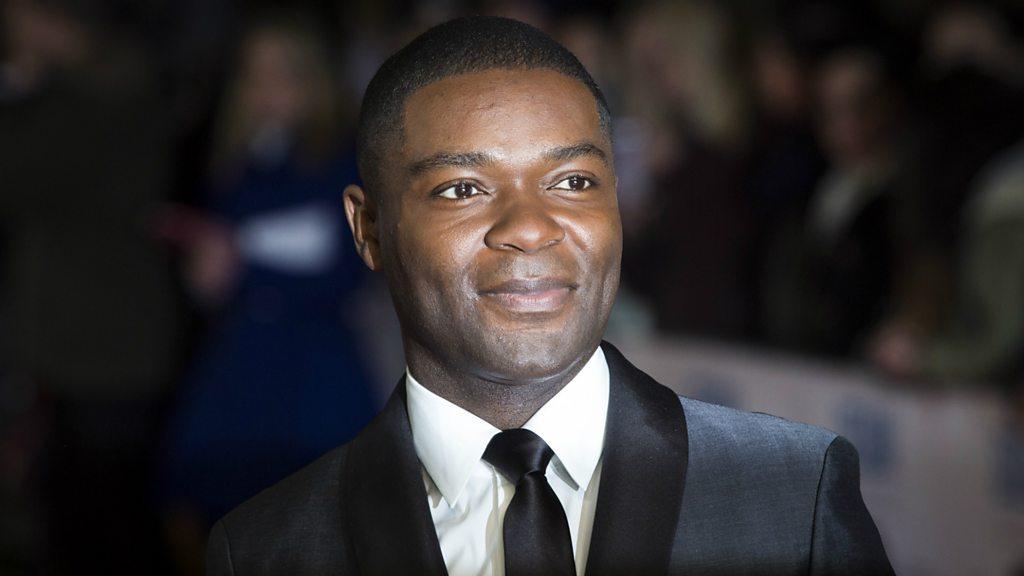
- Published26 January 2021
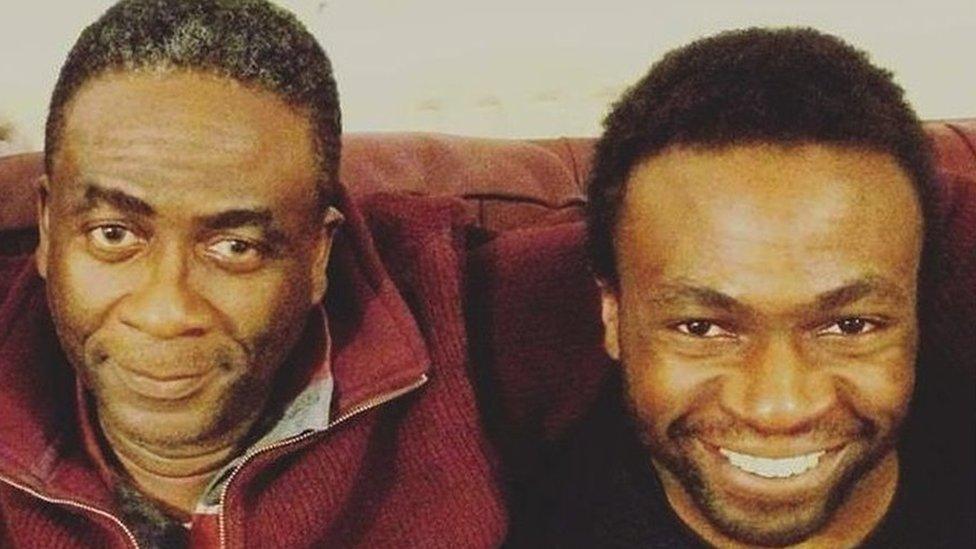
- Published28 May 2020
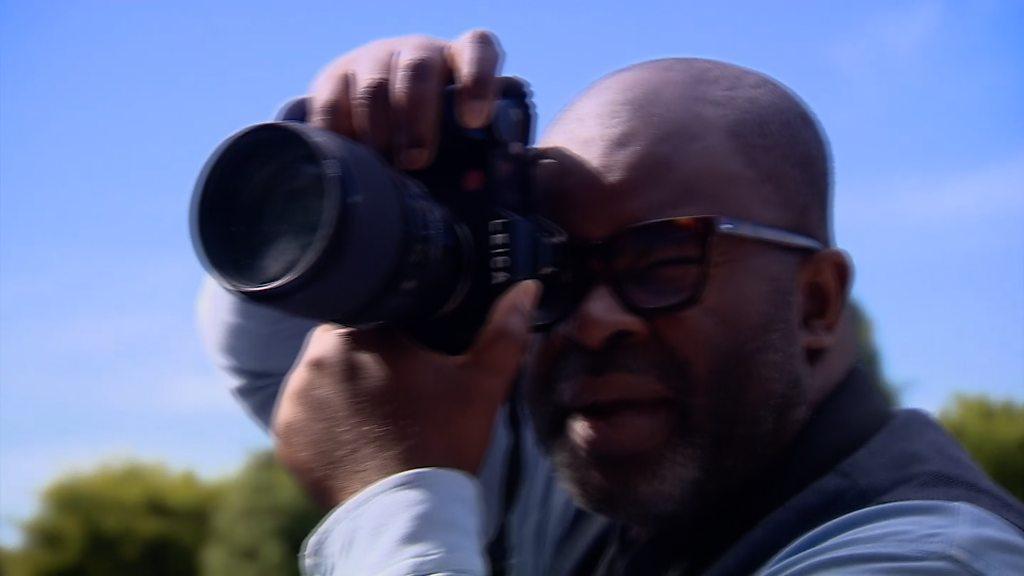
- Published6 October 2016
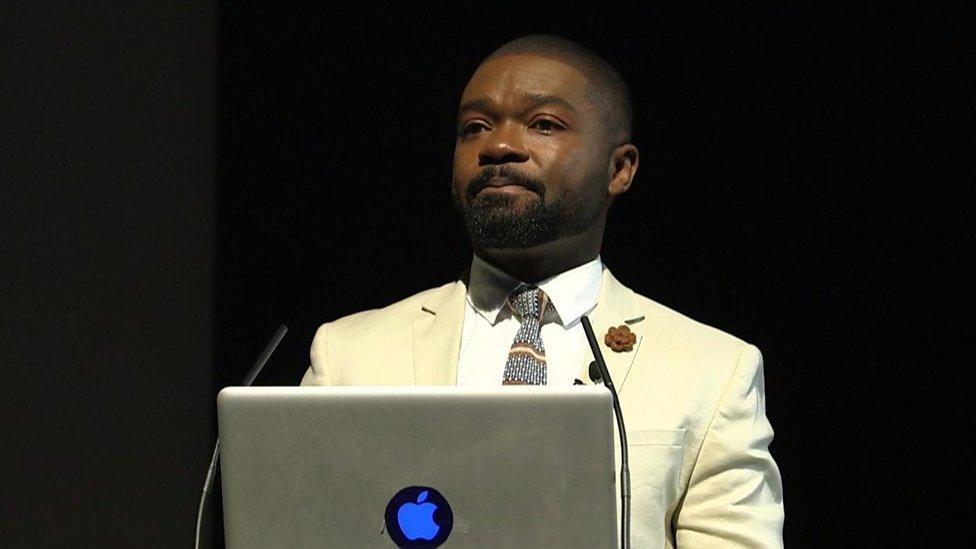
- Published6 May 2016
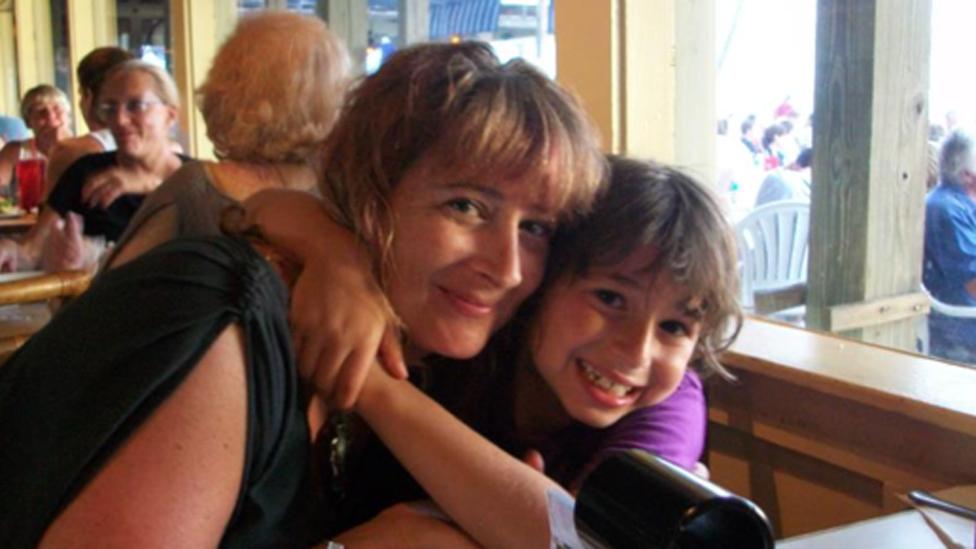
- Published18 December 2014
